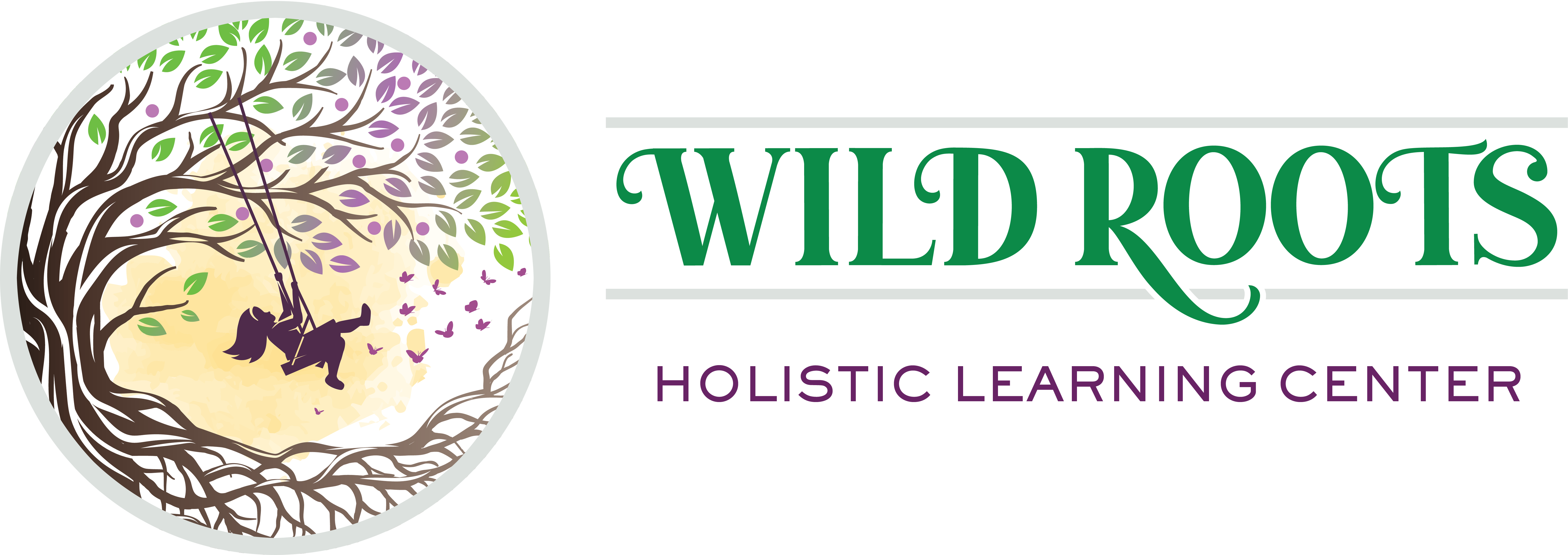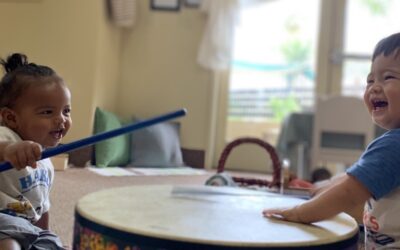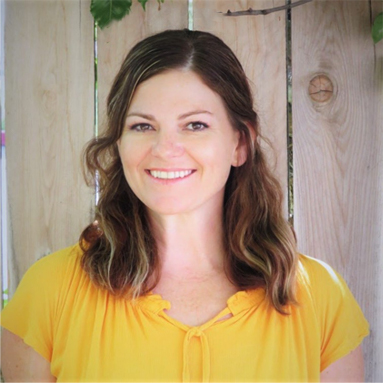Play is a word that is used frequently in the early education world and many preschools and homes will focus on play being the center of their young children’s day. However, the term “play” is broad and playful times can take various forms for different people and environments.
While educational philosophies vary on what play is and what it should look like, there is scientific evidence that supports that the general aspect of healthy play for a child will have a positive effect on his development in multiple ways. We at Wild Roots promote this type of play, which we observe to be a large part of their integrated early childhood experience, leading to an understanding of healthy relationships and roles within a community.
Wild Roots is inspired by two important philosophers, Maria Montessori and Rudolf Steiner, who have some conflicting viewpoints on play for children under the age of seven years. While Montessori discussed the advantages of practical work and the avoidance of fantasy play, Steiner emphasized the importance of play, and of channeling the child’s spiritual world which still surrounds the psyche from before firth.
We believe that both philosophies are correct and valuable in their own ways and we have found a beautiful balance of creating a space for children to learn in a work based environment, while also allowing for exploration of the child’s imagination in a wholesome way.
So, what is “healthy” play? Play is the act of processing real life observations and encounters through hands-on, imaginative exploration and creative works. We are not promoting fantasy play with characters from movies, superheroes, or Disney princesses.
It is very important to avoid the heavy use of media characters within the children’s daily routine. Children should be instead encouraged to process their real-life experiences creatively through channeling their inner spirit. Children witness various roles from the moment they are born, such as parent and family roles, community roles such as postmen, doctors, firefighters, teachers, etc., roles of friendship, animals, emotions, and much more. We see children processing the importance of these roles through stories, discussion, role play, and open-ended material projects.
Children can work with creative and practical materials, open-ended loose parts, and soft play items as their imaginations guide them toward unique and individual projects. This is the ultimate form of play that activates the areas of the brain we desire for them. Parents and educators should provide opportunities each day for the young child to have uninterrupted work and play time… and these two do not need to be mutually exclusive!
Children desire to process what is happening in the world, each day. This is the aspect of play that allows healthy exploration of feelings and contributes to much understanding of the child’s unique world. Healthy play is essential for growth in these early years while the child’s mind is absorbent and searching for experience.







0 Comments